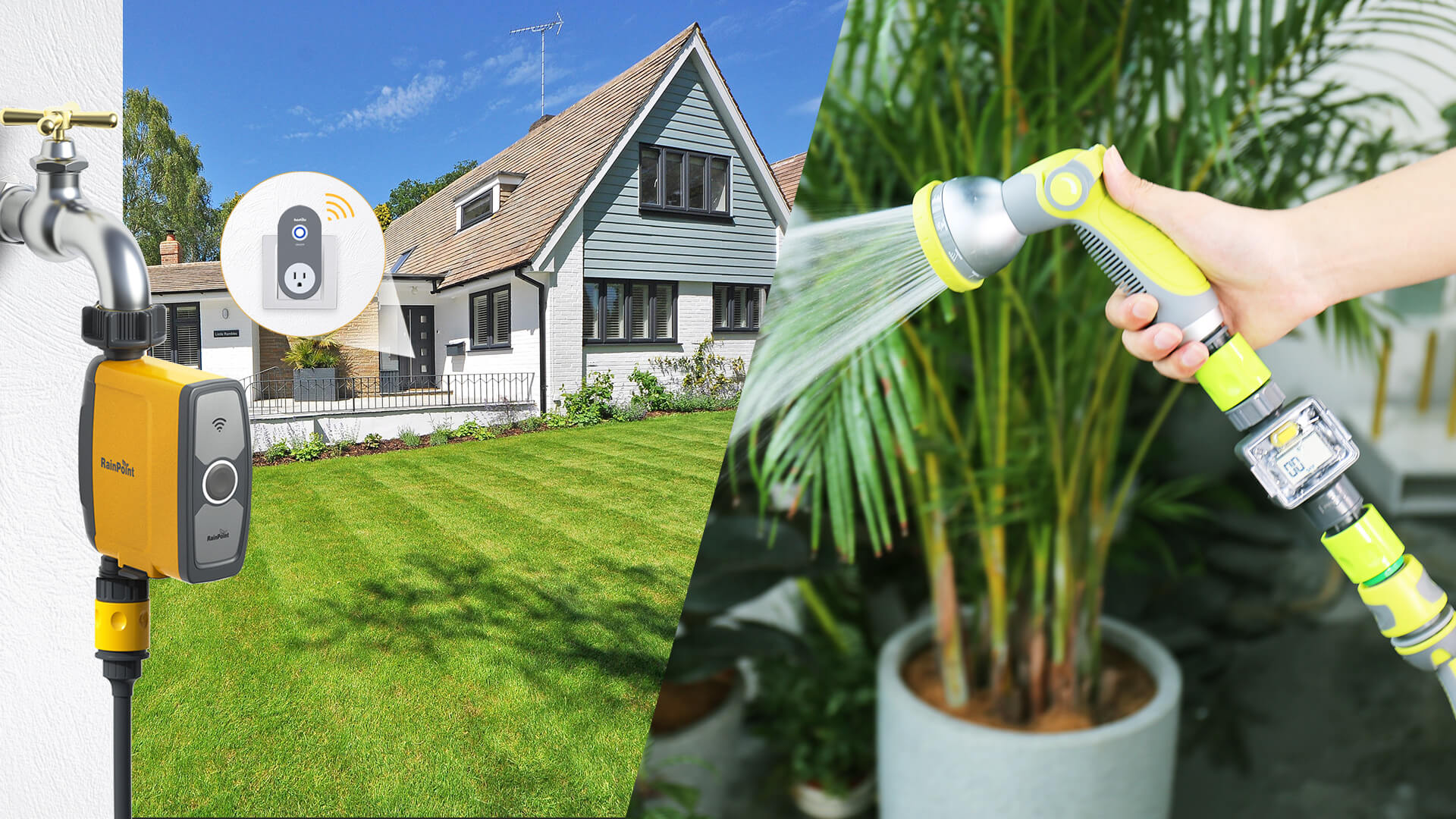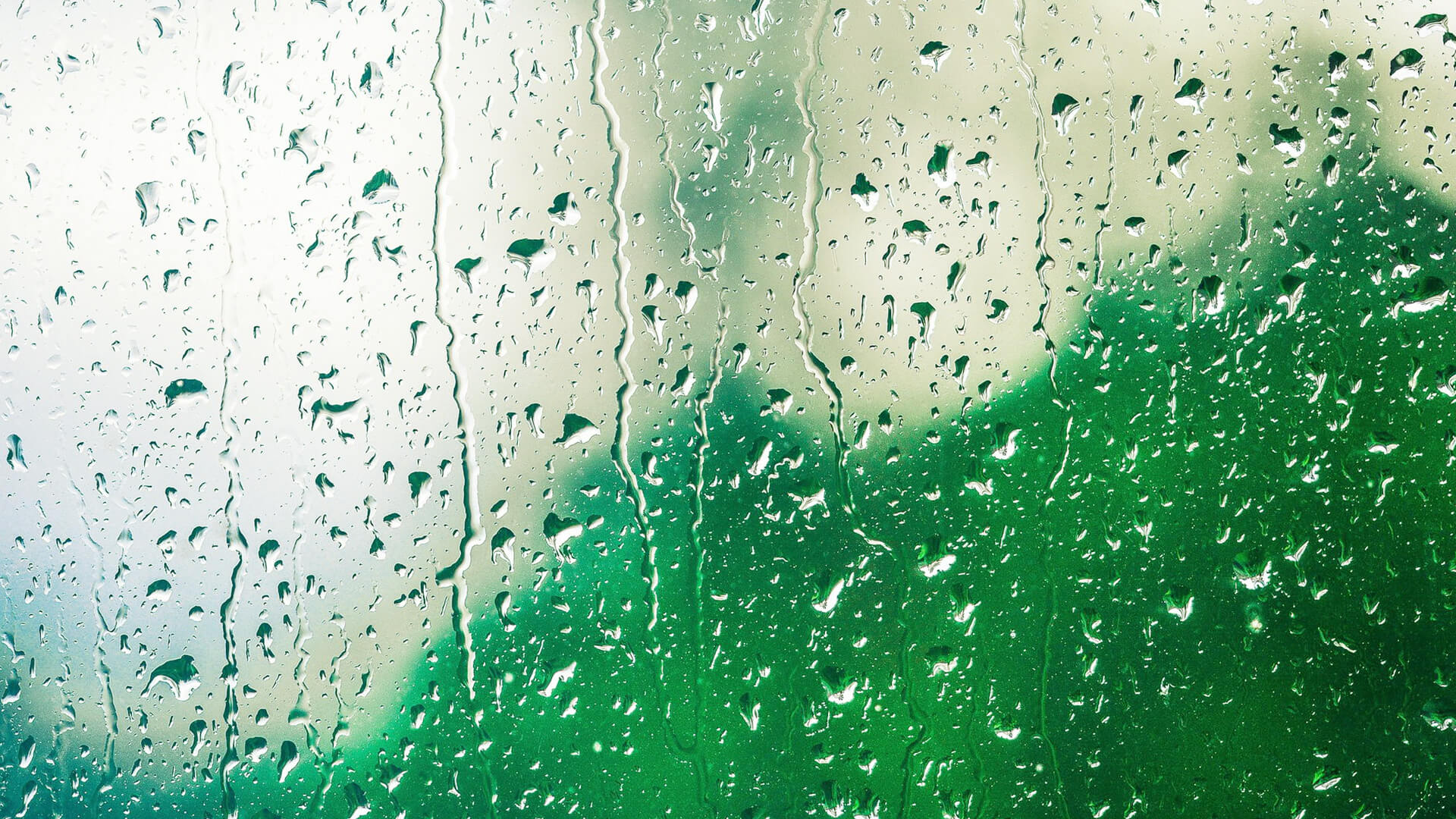If you live in a region where water is precious, or you are just trying to save a few dollars, your water bill is one area in your monthly budget that can use some work. Not everyone has easy access to water, but that shouldn't stop you from having an at-home oasis that you can enjoy. Here are a couple of ways you can use water more efficiently around your home.
Cover Up Your Soil
Preserve your soil's moisture levels by covering it up. This can be a lot of fun and is easy to get the kids involved too. Head to the store and get yourself some wood chips, mulch, straw, or other organic materials to cover up your soil. Mulching can prevent weeds from sprouting. This is good because weeds will deplete your soil's nutrient base quickly. Covering up will also help protect your plant's roots from extreme heat or cool temperatures. Plus covering up will keep your soil from drying out too quickly.
Another way you can protect your soil from drying out, you can finally put all those Amazon boxes in your garage for good use. Simply flatten out your boxes, lay them down on the dirt, and cover them with the mulch and that will add an extra layer of protection for your soil.

Use a water meter and a reliable irrigation system
Using a water meter is SO EASY to use and they are easy to find. You can use the RainPoint Digital Hose Water Meter if you like to manually water your garden or the RainPoint Smart WiFi Sprinker Timer for sprinkler systems. You can easily track how much water you use per month. Once you have an idea of how much water you are using, you can set up reasonable goals for yourself. Some goals can be reducing your shower time from 15 minutes to 10, making sure you don't leave your faucet running when you brush your teeth, or even using dirty dish water to water your indoor plants.
Curious about how much it costs to water your lawn, here is how to calculate:
Determine the total area of your lawn and figure out how many inches of water your lawn needs. Normally its one incher per week, which means you will be using 0.62 gallons of water to cover one square foot of your lawn. Multiply the total area of your lawn by 0.62 to figure out the total number of gallons needed to cover the surface area. Then multiply that number by the cost per gallon in your area. If you don't know how much water costs in your area, simply check your last water bill. It will tell you how much water costs per unit.

Implement Drought-Tolerant Plants
Drought-tolerant plants are exactly what they say they are. They don't need a lot of water to get by and they are very hard against difficult climates. Be sure to do some research on plants that grow best in your region before you go shopping.
Native plants are always a good starting point, and you will be surprised at how beautiful they can be. Drought-tolerant species include all kinds of cacti, palm trees, wild flowers and more. Most native plants can rely just on natural rainfall alone, so its possible you may be able to reduce your watering schedule by significant margins.

Harvest Rainwater
Grab some buckets and barrels because you are going to need them! Harvesting rainwater is free and clean, and if you live in the right area, completely rewarding. Water from the sky means you don't have to pay for it and you don't have added chemicals like chlorine that you may find in city water.
As an added bonus, check and see if your home can qualify for tax incentives for rain water usage. Tax rebates average around $50 for every 100 gallons of rain water. Check with your state government to see if they have any relevant programs.

Conclusion
You don't have to make massive changes to your lifestyle to start saving on water. Depending on your region, you can implement achievable goals and changes that will save you a couple of bucks. Start small, set a goal, and you will be saving money in no time!


